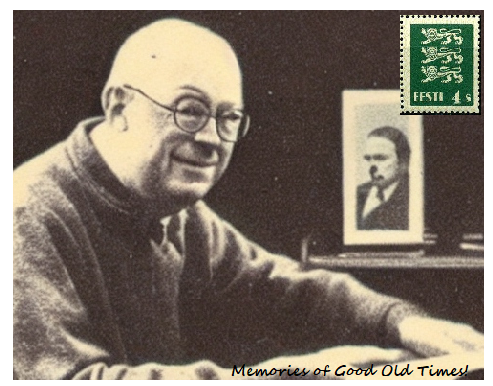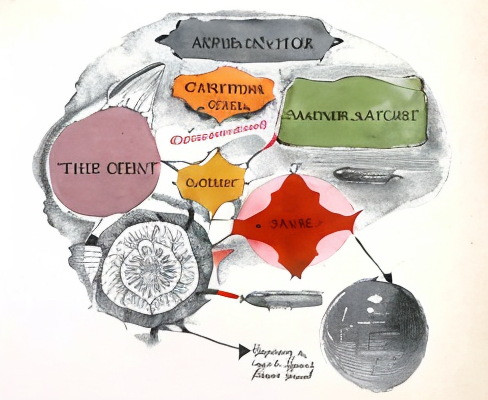Posts tagged "AI":

Forgotten Cyberneticians: Louis Couffignal (1902-1966)
Louis Couffignal was an early promoter of Cybernetics in France. A mathematician with an interest in calculating machines and binary logic in the ’20s and ’30s, he met and befriended Norbert Wiener in 1946. In 1948 Norbert Wiener, professor at MIT, published Cybernetics or Control and Communication in the Animal and the Machine, a widely circulated and influential book that applied theories of information and communication to both biological systems and machines. Computer-related words with the “cyber” prefix, including “cyberspace,” originate from Wiener’s book. Cybernetics was also the first conventionally published book to discuss electronic digital computing. Maybe because of these ties between Wiener and Couffignal, the first edition of the book was published in English in Paris at the press of Hermann et Cie. (The first American edition was printed offset from the French sheets and issued by John Wiley in New York, also in 1948.)
(...)
Memory Traces: Are Transformers Tulving Machines?
Memory traces–changes in the memory system that result from the perception and encoding of an event–were measured in pioneering studies by Endel Tulving and Michael J. Watkins in 1975 (Tulving and Watkins, 1975). These and further experiments informed the maturation of Tulving’s memory model, from the GAPS (General Abstract Processing System) to the SPI (Serial-Parallel Independent) model (Tulving, 1983). Having current top of the line LLMs revisit the original Tulving-Watkins tests may help in assessing whether foundation models completely instantiate or not this class of psychological models.
(...)
Memory GAPS: Would LLM pass the Tulving Test?
The Tulving Test looks into memory performance in recognition tasks compared to recall tasks.
(...)
The LLM as Ancient Greek Hero, Returned
The judge chose to sidestep the difficult question of whether Andrew was stolen or abducted by focusing on an altogether different angle on the case. The charges might have been dismissed if Mr. D. had a valid right to take care of Andrew – as a person – or own him – as a thing – or if Andrew was able to decide on his own to go with Mr. D. The judge then resolved to ask Andrew what he wanted. A professional assessment with people who could talk to him was an option.
(...)
The Brain of Prof. Le Cun
In a remarkable paper (Le Cun, 2022) Turing Award recipient Yann Le Cun proposes a new cognitive architecture for intelligent agents. The selection of questions this architecture seeks to address is drawn from cognitive psychology (animal and human learning abilities and world understanding). It also dramatizes a strong conviction in the universality of gradient-based learning. We argue from confronting it to well-known studies in experimental psychology and recent results in neuroscience that the new architecture is both misleading and truly inspiring.
(...)
The content of this page by CRT_and_KDU is licensed under a Creative Commons Attribution-Attribution-ShareAlike 4.0 International.
